What to do if your child has heat rash
Advice from GPs and paediatricians on how to soothe heat rash in children and what to do if your child has heat rash and it’s not going away
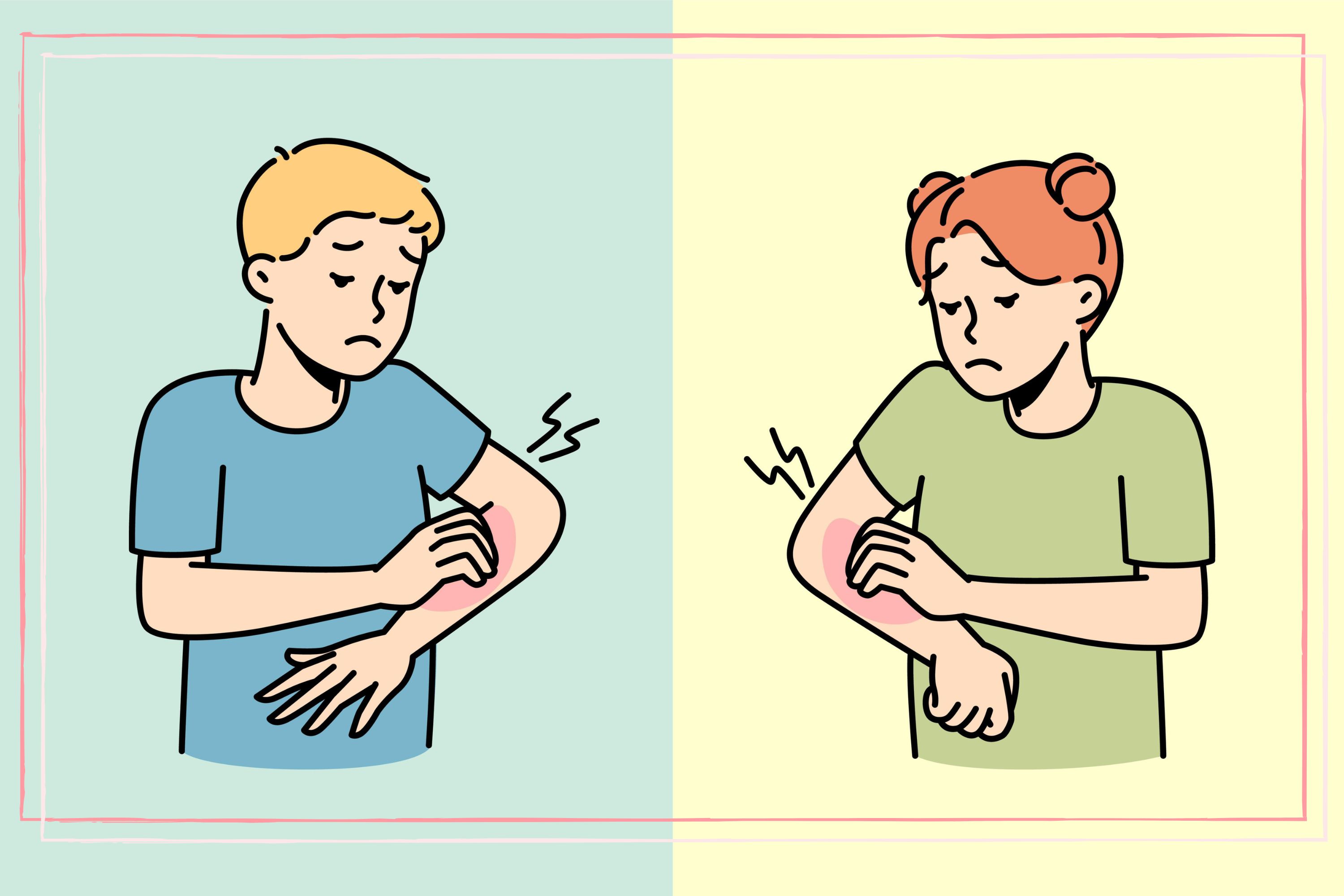

Ellie Hutchings
Heat rash, also known as prickly heat, is an uncomfortable and itchy red rash that can develop on the body after exposure to heat and excessive sweating.
The rash consists of small, red raised spots, which can be itchy and therefore cause discomfort. Heat rash is not infectious and cannot be passed on to other people.
The NHS explains that heat rash is caused by, "sweat glands [that] get blocked and the trapped sweat leads to a rash developing a few days later" and although prickly heat can be uncomfortable for your child, the NHS also reassures that prickly heat is "usually harmless".
Heat rash can develop anywhere on the body, but is more often found on the neck, chest, and back, and affects babies as well as children and adults. GP Dr Hana Patel, specialist in skin health and women's health, explained to GoodTo.com that, "babies often get heat rash because they cannot control their temperature as well as adults and children can.”
We spoke to Dr Hana Patel, as well as Dr Samira Neshat, Consultant Paediatrician, at The Portland Hospital (part of HCA Healthcare UK) and pharmacist Anshu Kaura about what to do if your child has heat rash and how to soothe them until the rash goes away.
If your baby or child has a rash and you're worried, your child seems unwell, or the rash does not improve after a few days, always speak to your GP immediately. As a parent, you know your child better than anyone and you should always trust your own judgement. If you are at all in doubt and you're worried about your child's symptoms, you should contact your GP.
What should you do if your child has heat rash?
GP Dr Hana Patel told GoodToKnow that the main thing to do if you discover that your baby or child has heat rash, “is to keep the skin cool” to avoid any further sweating that will irritate the rash. This might include keeping your child out of the sun if possible and keeping your home as cool and well-ventilated as possible.
GoodtoKnow Newsletter
Parenting advice, hot topics, best buys and family finance tips delivered straight to your inbox.
Dr Samira Neshat, Consultant Paediatrician at The Portland Hospital agrees, advising, “if your child has a heat rash, it's important to keep them in a cool and well-ventilated environment.”
"Dress them in loose, light clothing and encourage them to drink plenty of fluids to stay hydrated," Dr Neshat continues. "Lightweight bedding may also help."
Try to distract your child from scratching the heat rash, as scratching or rubbing the area will only work to further irritate the rash and if the skin breaks, the rash could become infected and require further medical treatment. For similar reasons, pharmacist Anshu Kaura advises to "avoid using fragranced products" when bathing your child, as it may aggravate the heat rash.
Dr Samira Neshat also advises to, “avoid using creams or ointments as these can block the sweat glands and make the rash worse. If the rash doesn't improve in a few days, or your child seems unwell, please seek medical advice,” Dr Samira Neshat states.
What to do if your child has heat rash at a glance:
What to do at a glance:
- Keep your child cool
- Dress them in loose, light clothing
- Encourage your child to drink plenty of fluids to stay hydrated
- Distract your child from scratching the heat rash
- Apply a cool compress to the affected areas or give them a cool bath or shower
How to soothe heat rash in children
"To soothe heat rash in children, first, move them to a cooler environment and remove any excess clothing," Dr Neshat says. "Apply a cool compress to the affected areas or give them a cool bath or shower to help reduce itching and discomfort. Keep them well hydrated and try to distract them from scratching the rash, as this can lead to infection."
Pharmacist Anshu Kaura also told us, "You can naturally calm the prickly heat rash by applying a cold flannel to the rash for no more than 20 minutes and patting the rash, instead of scratching it."
How long can heat rash last in kids?
Heat rash is usually harmless and should get better on its own after a few days. Dr Samira Neshat explains, "Heat rash typically lasts between two to three days in children, but it can last longer if the child continues to be exposed to heat and humidity."
To help soothe the heat rash Dr Neshat adds, "It's important to keep your child cool and dry to help the rash disappear more quickly."
What to do if you child's heat rash is not going away
It is always important to see a GP if your baby or child has a rash and you're worried or don’t know what it is. You should also see your GP if your child has heat rash and the rash does not improve after a few days.
Dr Samira Neshat says, "If your child's heat rash is not going away or is getting worse, it's important to seek medical advice. Persistent heat rash could be a sign of an infection or a more serious underlying / different condition. A healthcare professional can provide appropriate treatment, which may include topical creams or medications to reduce inflammation and discomfort."
Disclaimer
The information on GoodTo.com does not constitute medical or other health advice or diagnosis and should not be used as such. Although GoodtoKnow consults a range of medical experts to create and fact-check content, this information is for general purposes only and does not take the place of medical advice. Always seek the guidance of a qualified health professional or seek urgent medical attention if needed.
Our experts
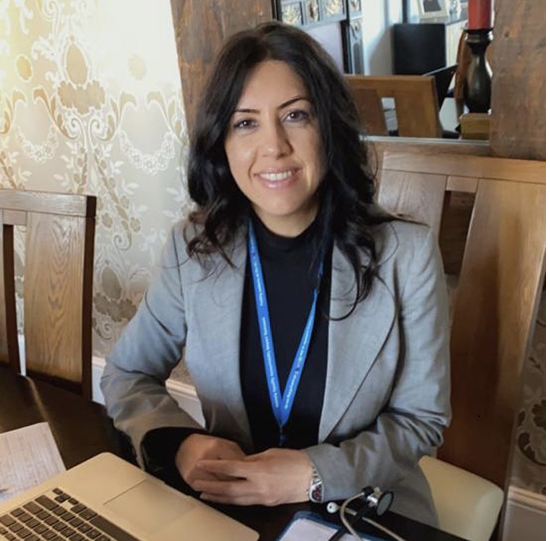
Dr Neshat completed her general paediatric training in Germany in 2004. She then undertook higher specialist training in paediatric critical care at Great Ormond Street Hospital for Children (UK) and Yale University Hospital (USA). She holds a global health focussed Master’s degree in Public Health from Yale University

Dr Hana Patel is a versatile and experienced general practitioner in family medicine and life and mental health coach in the Southeast London area. She specialises in well-man and male fertility checks, menopause, paediatric checks, over 50's health checks for men and women, and memory health checks. In addition to her practice in family medicine, Dr Patel currently practises as an mental health and life coach, and offers qualified and regulated coaching supervision.

Anshu Kaura studied at the University of Reading and King's College London. Anshu is a Lloyds Pharmacy Community Pharmacist and is also a practice based clinical pharmacist at an NHS surgery in Buckinghamshire.

An internationally published digital journalist and editor, Rachael has worked for both news and lifestyle websites in the UK and abroad. Rachael's published work covers a broad spectrum of topics and she has written about everything from the future of sustainable travel, to the impact of the coronavirus pandemic on the world we live in, to the psychology of colour.
- Ellie HutchingsFamily News Editor
-
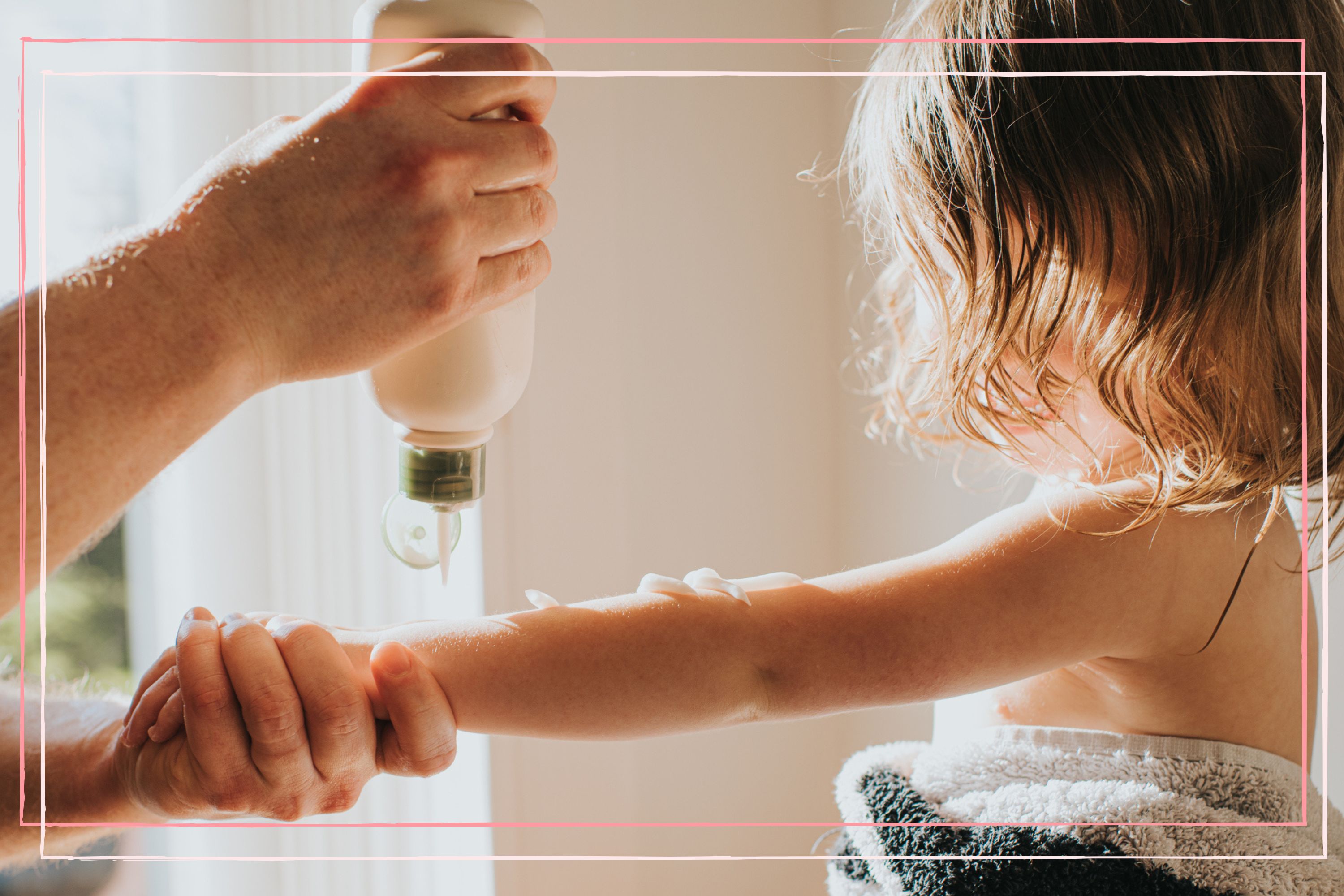 Advice on psoriasis in children from dermatologists, including how to manage symptoms at home
Advice on psoriasis in children from dermatologists, including how to manage symptoms at homeDermatologists answer some common questions about psoriasis in children and provide advice on how parents can help their child manage the skin condition
By Lauren Clark
-
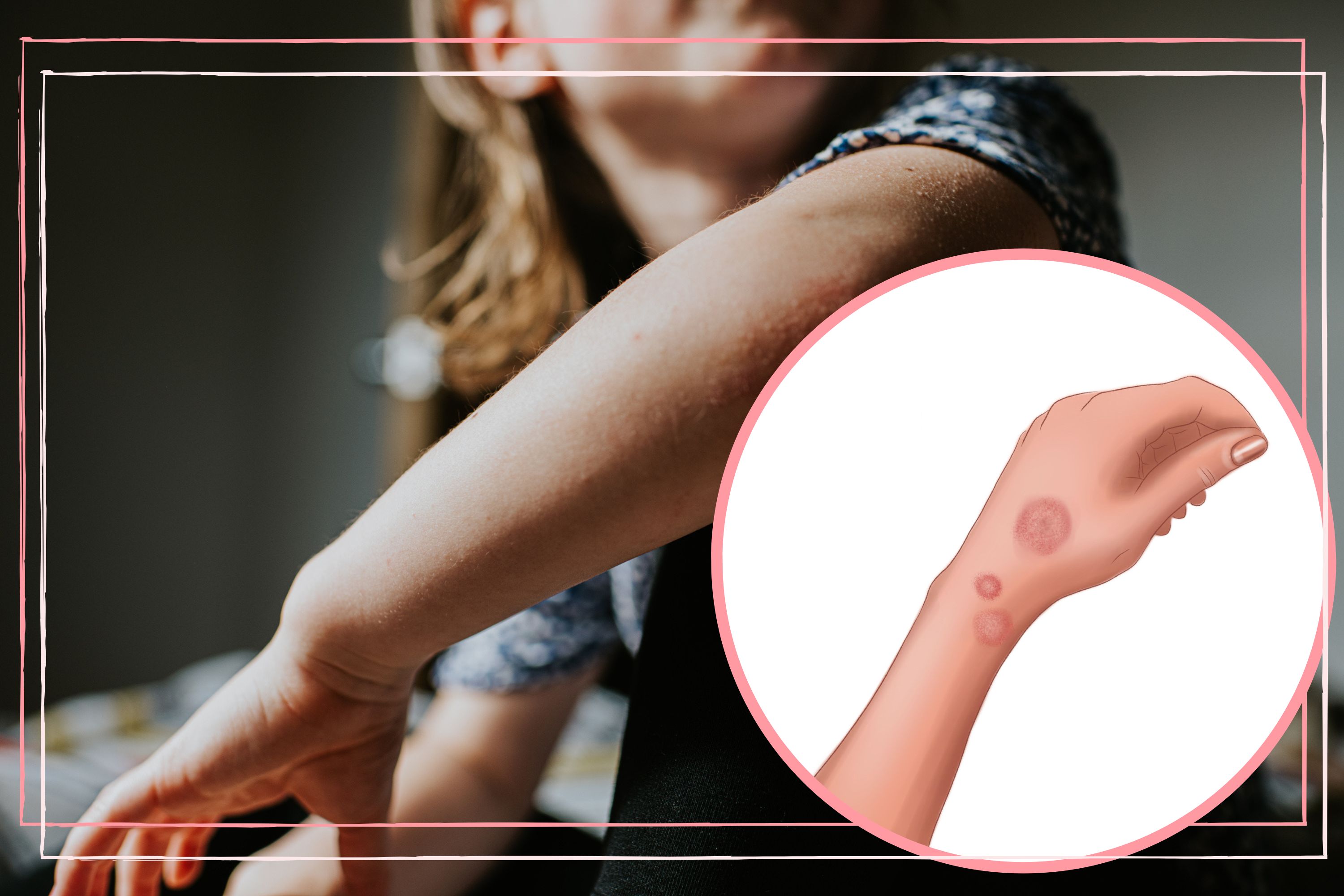 Advice from GPs on what to do if your child contracts ringworm, including how to stop the spread at home
Advice from GPs on what to do if your child contracts ringworm, including how to stop the spread at homeRingworm is very contagious, so if you find out your child has it, there are some important steps to take to try and minimise the risk of spreading it throughout your household, to siblings or to vulnerable family members
By Rachael Martin
-
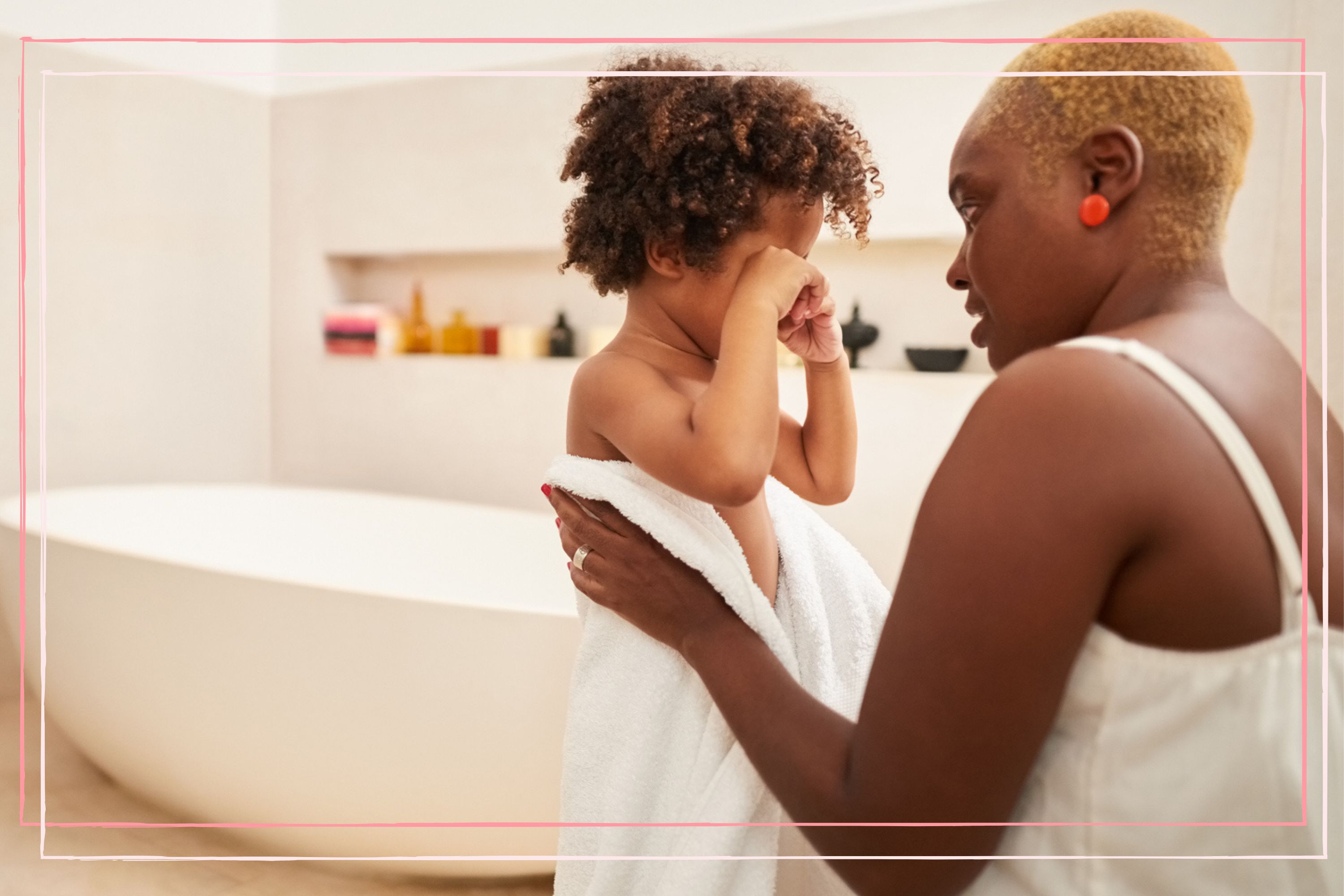 Doctors share their advice for parents on how to support children with dermatitis
Doctors share their advice for parents on how to support children with dermatitisEvidence-based advice on caring for children with dermatitis from doctors and dermatologists
By Lauren Clark